Credit @Dobies
Shop: Dobies

It’s sow time! OK, so you may have already started off a few chillies and sweet peas, but March is the true start of the busy sowing months. In fact, it’s a busy month for all things gardening, not just seeds. Onion sets need to be planted, winter weeding completed, bare-root trees planted and, should the rain ever stop, the lawn could do with a first mow.
A word of caution: February was a horribly wet month for most parts of the country and wet soil is slow to warm up. So, depending on where you live, you might want to keep that seed tin closed for a while longer – leaving outdoor sowing until April will be fine. Remember, the timings given on seed packets are for guidance only, as much depends on the weather and soil conditions.
March may come in like a lion and go out like a lamb or it may just keep on roaring. Let’s hope not. After February we all deserve some decent weather.

Jobs for this Month
- Carefully remove the top 5cm of soil from your container-grown plants and replace it with fresh compost.
- On warmer days, leave the greenhouse door open. Not only will this allow essential pollinating insects access it will also reduce the risk of fungal disease. Do remember to close it up at night though!
- Slugs and snails will be out and about this month looking for something on which to munch. Hedgehogs, and birds, especially thrushes, need those slugs and snails, so instead of killing them why not create a natural barrier using our “Slug Gone” 100% pure sheep wool pellets? Your tender plants will be protected and the beneficial wildlife will get to dine.
- Get on top of weeds now before they take hold. It will make your life easier later in the year.
- During a dry spell, set the mower blades high and give the grass its first cut of the year. This will give your garden an instant facelift, although you may also need to tidy up the edges.
- Finish planting new fruit trees and give existing ones a mulch.
- Plant up any over-wintered dahlia tubers or treat yourself to some new ones from the Dobies range.
- Deadhead faded daffodil flowers as this will strengthen them for next year, but the leaves should be left for about another 6 weeks.
- Plant chitted early potatoes from mid-March but keep that fleece handy to give protection against frost.
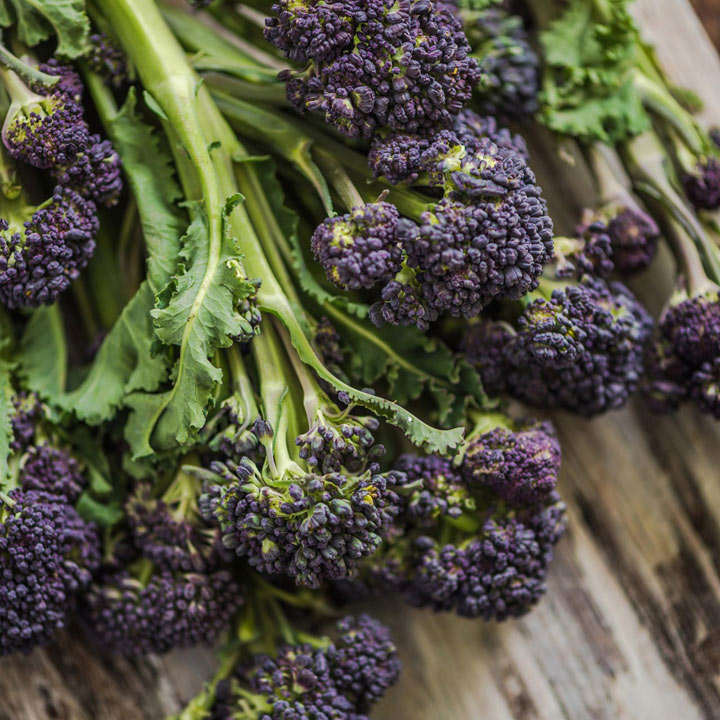
From Plot to Pot
Easy to grow, very hardy, tasty and healthy there really is no reason not to grow purple sprouting broccoli (PSB).
PSB is at the height of its season during March and needs to be picked regularly to stop it from bolting. Choose a spear where the flowers are developed but not yet opened and cut it off with a sharp knife. This will encourage side shoots and yet more flowerheads to form.
To keep the fabulous purple colour it’s best to stir fry or steam your PSB or pop them under the grill and then use the spears as soldiers to dip into a boiled egg. Rich in vitamins A, B and C, PSB spears also taste good eaten raw with a zingy lemon vinaigrette poured over.
Works well with:
Lemon Orange Walnuts Butter Blue cheese
Parmesan Eggs Capers Anchovies Soy sauce
Garlic Shallots Chilli Chorizo Pancetta
Pasta Pepper Mustard Tomato
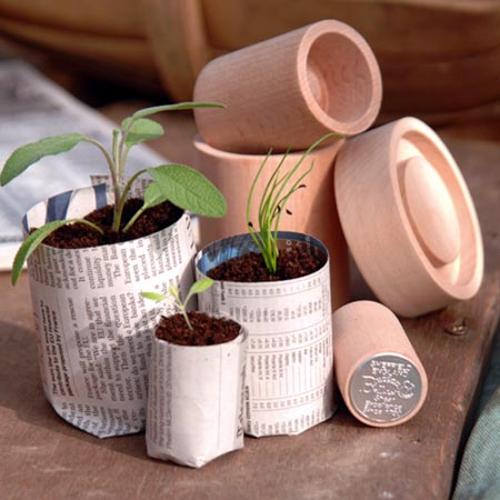
Sustainability
In last month’s newsletter, we gave details of some of the steps we are taking here at Dobies to improve sustainability and help protect the environment. If you missed it or would like an update, please visit our website at www.dobies.co.uk/sustainability
There are of course many things we can all do in our own gardens.
- Plastic pots can be washed and reused again and again.
- When buying new pots, choose terracotta or for starter pots, make your own from old newspaper or loo roll tubes.
- Empty compost bags can be used to line hanging baskets or punch in a few holes and use them for growing potatoes.
- Use garden and kitchen waste to make your own compost. For speedy results, invest in a Hotbin.
- Plastic bottles can be cut in half and used as mini propagators
- Galvanised watering cans can be picked up fairly cheaply at boot sales and will last a lifetime. In fact, several lifetimes. I am still using galvanised watering cans that belonged to my father and his father before him. They make the simple task of watering seem rather special and look so much nicer than plastic.
- To avoid getting your seed trays in a muddle it is important to use labels but why use plastic when Dobies’ wooden labels not only look more attractive but are also sustainable. With 50 labels to a pack, these labels are 13cm long and perfect for pots and seed trays.
If you’ve got more ideas, then please share them by adding a comment below.
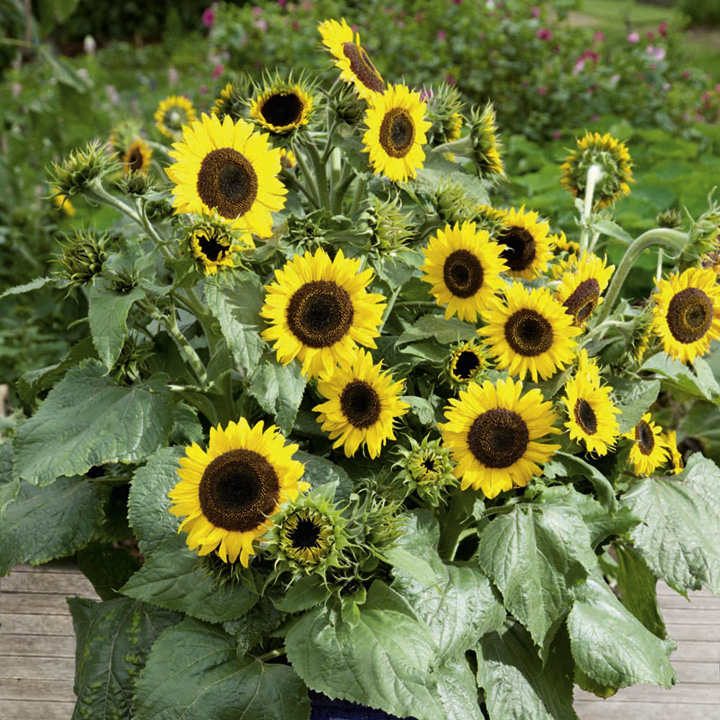
Sunny Sunflowers
A line of cheerful sunflowers standing tall along a fence rarely fails to raise a smile and a “let’s see who can grow the tallest” competition with the grandkids rarely fails to create some fun. Yes, sunflowers are happy plants and deserve a space in all but the tiniest of gardens.
Italy and Spain may have fields of golden, sun-facing sunflowers, grown for their seeds and oil, but the varieties in the Dobies range are all proven to thrive in our less than reliable summer weather conditions.
Of the 16 varieties in the Dobies range, my personal favourite, although I still don’t know how to pronounce it, is Sunflower Waooh! Perfect for growing in pots, this is a multi-headed variety that just doesn’t know when to stop flowering.
For height and hugeness of flower, Sunflower Titan is the winner, with dinner-plate-sized flowers producing edible seeds.
Whichever type of sunflower you choose it’s best to start them off in pots indoors. The young plants are gourmet food to slugs, so hold off planting them outside until they’re about 15cm tall.
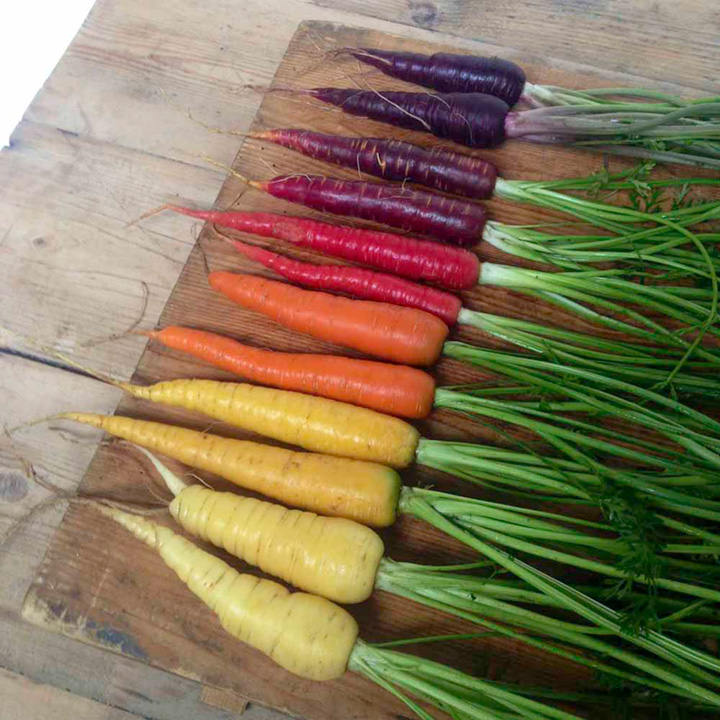
Spring Shows
Villages and small towns across the country will be holding their spring shows this month. Armfuls of daffodils, pots of houseplants and baskets of veg will be lugged into village halls for arrangement, alongside jars of marmalade, pickle and home-baked bread.
If you are involved in organising such a show, then you may be struggling to drum up the army of volunteers needed whilst also worrying about getting all the judging completed before you need to open the doors to the public. This is where Dobies can help. Our Show Pack includes all the stationery needed, together with a process for keeping the administration to an absolute minimum. Contact us now for details – call 0333 240 5933 or email groupscheme@dobies.co.uk.
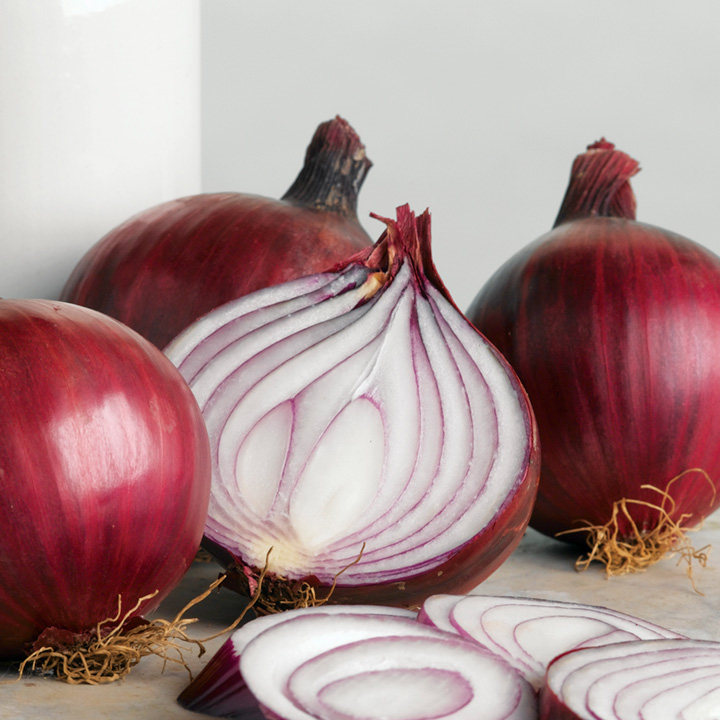
Offer of the Month
Onions, Shallots & Garlic Pick & Mix Any 4 packs for £10
Pick and mix from selected onion, garlic and shallot sets and get any 4 packs for £10.
Spring planting onions can be planted from February (January for Shallots) to April and can be harvested August (July for Shallots)to September the same year.
Make sure to choose a well-drained sunny position with reasonable soil when planting onions and shallots.
To get the best from your spring planting garlic, allow 10cm between cloves and space rows 15-20cm apart. Plant your garlic cloves January to March and you will be able to harvest your garlic June to August the following year.
